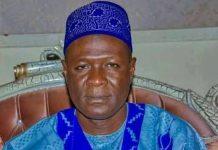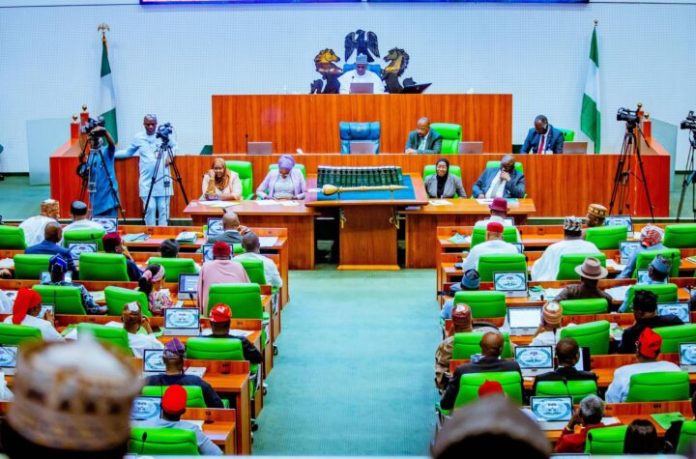The House of Representatives has suggested a constitutional change that would reserve 5% of seats for people with disabilities (PWDs) and 10% of seats for women in the National Assembly.
According to what is known, the proposal calls for the creation of 83 more seats that would be reserved for women. Of these, 55 would be in the House of Representatives, boosting its membership from 360 to 415, and 28 would be in the Senate, increasing the National Assembly’s total number of seats from 469 to 552.
During the official commencement of the 2025 National Assembly Open Week and the launch of the 10th House Midterm Legislative Scorecard in Abuja on Tuesday, Speaker of the House of Representatives Tajudeen Abbas announced the plan.
He stated that in order to guarantee gender and disability inclusion, the draft amendment aims to include the quotas into the Constitution. These reserved seats would be filled by direct elections with separate votes, and they would be divided by state to maintain regional parity.
The Speaker stated that qualifying disability advocacy organizations would nominate candidates for the 5% of seats already held by PWDs.
Read Also: Borno Politicians Abandon PDP, APC in Favour of ADC Ahead of 2027 Polls
“Introducing constitutionally guaranteed reserved seats for women and people with disabilities is a key component of our inclusive governance proposals,” Abbas stated. In order to maintain regional balance, the draft amendment would provide 10% (10%) of Senate and House of Representatives members to women, with each state receiving a certain percentage.
To encourage continuity and mentoring, these seats would be filled by direct elections on different ballots with staggered periods. Candidates nominated by recognized disability advocacy groups would compete for the 5% of seats allotted for people with disabilities. Reserved-seat lawmakers would be fully integrated into legislative action by having the same rights, privileges, and committee assignments as their peers.
Less than 1% of parliamentary seats were held by women in 1960, the year of independence. It only increased to 2% by 1990. Women made up only 3.9% of the House and 4% of the Senate in 1999. Even though they make up half of the population, women’s representation is still unchanged today.
The Speaker cited international instances, such as Rwanda and Senegal, where constitutional quotas increased the proportion of women in parliament from less than 5% to more than 30% in a single election cycle.
Join Television Nigerian Whatsapp Now
Join Television Nigerian Facebook Now
Join Television Nigerian Twitter Now
Join Television Nigerian YouTUbe Now






















